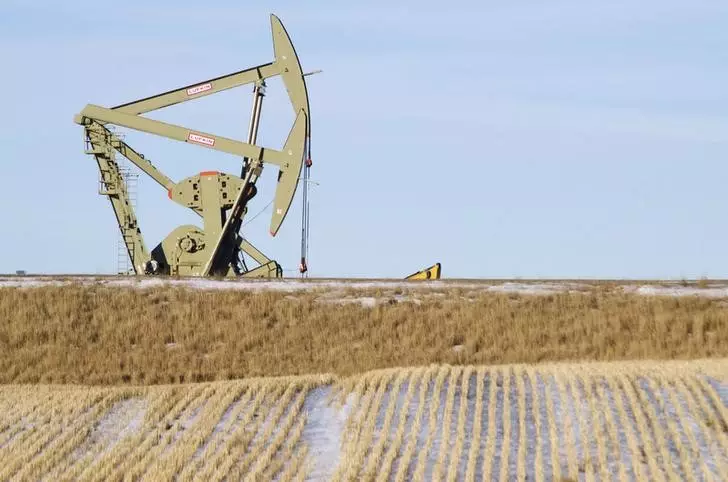As the 2024 U.S. presidential election approaches, analysts are already assessing the potential impact on oil prices. The potential re-election of Donald Trump could lead to a net bearish effect on the oil market. Trump’s trade tariffs, oil-and-gas-friendly policies, and deregulation could potentially push OPEC+ to release more oil into the market. However, the reimposition of sanctions on Iran could have a bullish impact, as it might reduce Iranian oil exports, leading to higher prices in the market.
On the other hand, if Kamala Harris assumes the presidency, her energy policies are expected to align closely with those of the current administration. This could mean maintaining or slightly increasing regulatory pressures on the oil industry. Her approach to Iran is likely to be less confrontational, which could reduce the likelihood of significant disruptions in Iranian oil exports. Additionally, Harris may be more supportive of a Middle East ceasefire, which could add stability to the region and its oil supply dynamics.
Trump’s environmental policies, if continued, could have implications for oil prices. Rolling back environmental regulations and halting Democratic fuel economy standards might sustain higher demand for oil. Trump’s stance against electric vehicle subsidies could also slow down the adoption of EVs, further supporting oil demand. However, Elon Musk’s recent endorsement of Trump could potentially moderate this impact. On the other hand, a Harris administration is expected to maintain or slightly intensify the current regulatory approach, focusing on renewable energy initiatives and stricter regulations on fossil fuel production.
The potential impacts on oil prices extend beyond policies to infrastructure and regulatory measures. Under a Trump administration, there could be efforts to increase leasing and acreage auctions for oil production, particularly on federal lands. This could boost domestic oil supply, but the immediate effects might be limited due to broader market conditions and legislative processes. Conversely, Harris might push for more stringent regulations under the Clean Air Act and Clean Water Act. Her administration could also aim to phase out new internal combustion engine vehicle sales by 2035, although this could face legal challenges.
From a geopolitics perspective, Trump’s close relationship with Saudi Arabia could lead to increased oil supply from OPEC+, potentially lowering prices. Similarly, Trump’s efforts to negotiate a deal to end the Russia-Ukraine conflict could also ease tensions in the oil and gas markets. These geopolitical factors could play a significant role in determining the future trajectory of oil prices.
The outcome of the 2024 U.S. presidential election could have a significant impact on oil prices. The policies and approaches of the respective administrations towards energy, environmental regulations, and geopolitical relations will influence market dynamics and potentially shape the future of the oil industry. Investors and stakeholders in the oil market should closely monitor the developments leading up to the election and be prepared to adapt to potential changes in oil prices accordingly.

